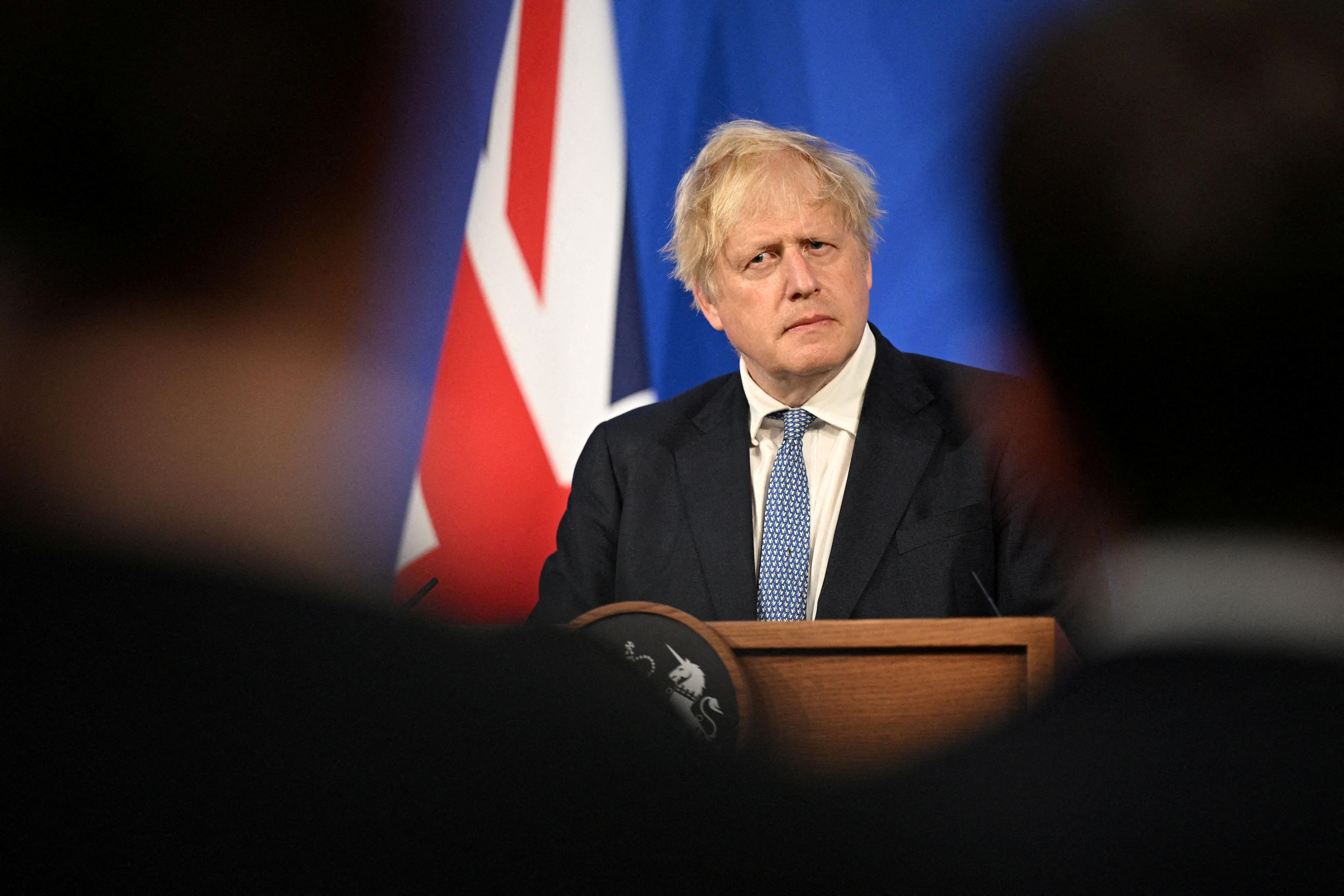What We're Watching: Confidence in Boris, Shanghai reopens, chicken inflation
The Boris vote is coming
Following last week’s Gray report, findings from an investigation into allegations that Boris Johnson attended lockdown-violating social events during the pandemic, it seemed that the UK prime minister might avoid a vote of no-confidence in his leadership of the Conservative Party. But a clumsy response — Johnson claims the report “vindicated” him — and resulting criticism this week from members of his party suggest the vote is coming, perhaps as soon as next week. Here are the basics: It would take a formal request from 54 Tory MPs to force a vote and a simple majority of 180 Tories to oust him. For now, it appears the vote would be close. A narrow victory would leave him a diminished figure, but he could survive in power until a national election in 2024. A loss would create a wide-open, two-month contest to lead the party forward. The vote may wait until after a pair of crucial parliamentary by-elections on June 23. A loss for Conservatives in both those votes might seal Johnson’s fate.
Shanghai’s slow reopening
After a grueling two-month lockdown, 90% of Shanghai’s residents (some 22 million people) are finally allowed to move around the city somewhat freely. Residents of low-risk housing complexes — meaning no COVID cases have been identified for 14 days — no longer need to seek government permission to leave their homes, while many shops also began to reopen. Still, this should not be taken as a sign that Beijing is easing its commitment to a zero-COVID policy. Harsh containment measures are still being enforced, including in Beijing, where 5,000 people were forced into a quarantine facility this week after one man broke lockdown rules before testing positive. While photos show Shanghainese rejoicing at their newfound freedom, many are struggling to readjust, feeling traumatized after a 65-day lockdown in which the government often failed to provide them with enough food and medication. While China’s ruling Communist Party is keen to see the country’s economic hub resume activities hastily in order to reverse a trend of negative national growth, the city isn’t going back to normal just yet: most children will not resume face-to-face schooling for the foreseeable future, and significant restrictions remain for those seeking to leave the city.
Malaysian chicken export ban ruffles Singapore’s feathers
The effects of the global food crisis exacerbated by Russia's war in Ukraine have mainly hit poor countries, but now rich ones are also feeling the pinch. On Wednesday, Malaysia suspended all poultry exports due to an acute shortage of feed that has sent local prices through the roof. The ban has caused mass anxiety in next-door neighbor Singapore, where foodies are panicking it might spoil the taste of the country’s de-facto national dish: delicious Hainanese chicken rice (featured, of course, in the popular film Crazy Rich Asians). While we sympathize with Singaporeans having to replace Malaysian live birds with Brazilian frozen ones, there's a more troubling dynamic at play. Chicken feed is primarily made up of grains like corn and soybeans, which had already become more expensive by early 2022 due to supply chain disruptions, climate change, and higher energy costs but have now seen prices skyrocket after Russia’s invasion. What's more, since feed is by far the biggest input cost of poultry, chicken could soon become more expensive than beef in the UK. Time to go vegan?
